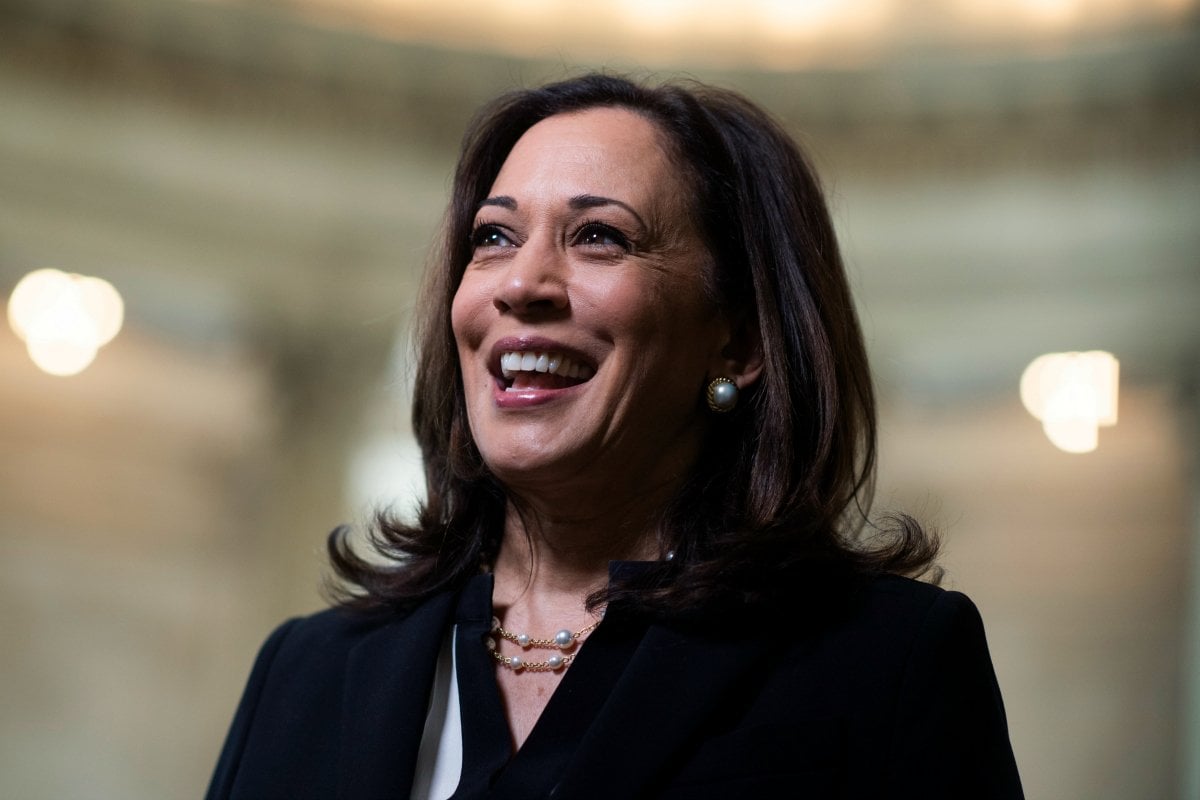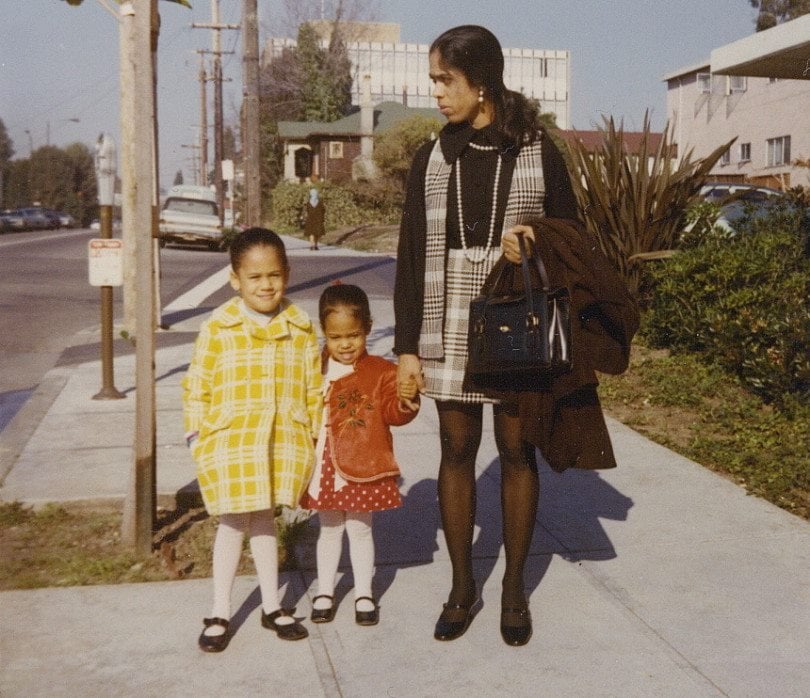
When Kamala Harris was growing up in Berkeley, California, her mother — an Indian-born biologist and breast cancer researcher — instilled in her a simple message.
"Don't sit around and complain about things; do something."
That ethos guided her through her education at a newly desegregated primary school, and through degrees in economics, political science and law.
It guided her into a legal career where she was appointed District Attorney of San Francisco then Attorney General of California — the first woman in the history of those positions.
It guided her into the United States Senate in 2017, and on to a bid for the Democratic presidential nomination just a year later.
And now, that ethos will guide Kamala Harris in her role as the Vice President of the United States of America.


Top Comments